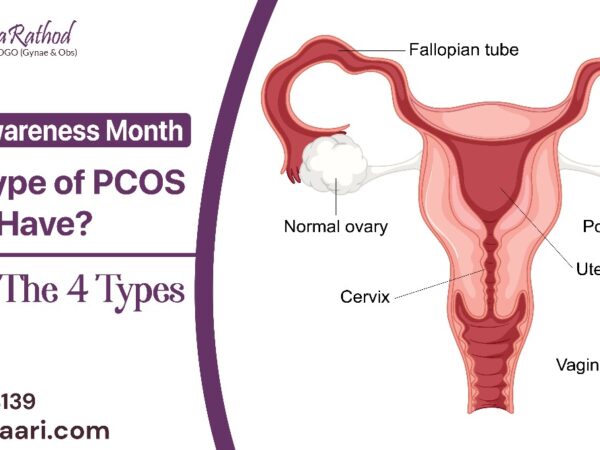Ever heard of polycystic ovary syndrome (PCOS)? If you’re a woman who has had trouble getting pregnant, you might have. Just about everyone else? Probably not, a PCOS specialist in Thane can answer your query.
PCOS is a common disorder characterized by irregular menstrual periods, disruption of normal metabolism and excessive hair growth. PCOS affects up to 10% of all women of reproductive age. The disorder can lead to obesity, diabetes and cardiovascular disease, which are often life-long conditions. Between 50%-80% of women with PCOS have obesity, and obesity is known to be a risk factor for diabetes.
Does treating one condition treat the other?
Regular exercise is crucial for keeping the body healthy, especially when it comes to fighting obesity and type 2 diabetes. It’s also been shown to help with symptoms associated with PCOS.
Exercise also helps the body burn off excess blood sugar and — because exercise helps bring weight down to a normal weight — the cells become more sensitive to insulin. This allows the body to use insulin more effectively, benefitting people with diabetes as well as women with PCOS.
A balanced diet for PCOS is also key to helping to reduce the risk of diabetes and to managing weight. Make sure your diet includes the following foods:
- Whole grains
- Lean proteins
- Healthy fats
- plenty of fruits and vegetables
However, specific treatments for the two conditions may complement or offset one another.
For instance, women with PCOS are also treated with birth control pills. Birth control pills help to regulate mensuration and clear acne, in some cases.
Some birth control pills may also increase blood glucose levels, a problem for people at risk for diabetes. However, metformin (Glucophage, Glumetza), a first-line medication for type 2 diabetes, is also used to help treat the insulin resistance in PCOS. Also, consult Dr. Sujata Rathod, for PCOS treatment in Thane West
“We conclude that only women with PCOS and obesity have an increased risk for type 2 diabetes development, in contrast to the current notion that all women with PCOS have a significant risk for developing type 2 diabetes,” “This finding underscores the impact of early detection of this PCOS population and prompt lifestyle modification to avert the development of type 2 diabetes.”



Comments are closed.